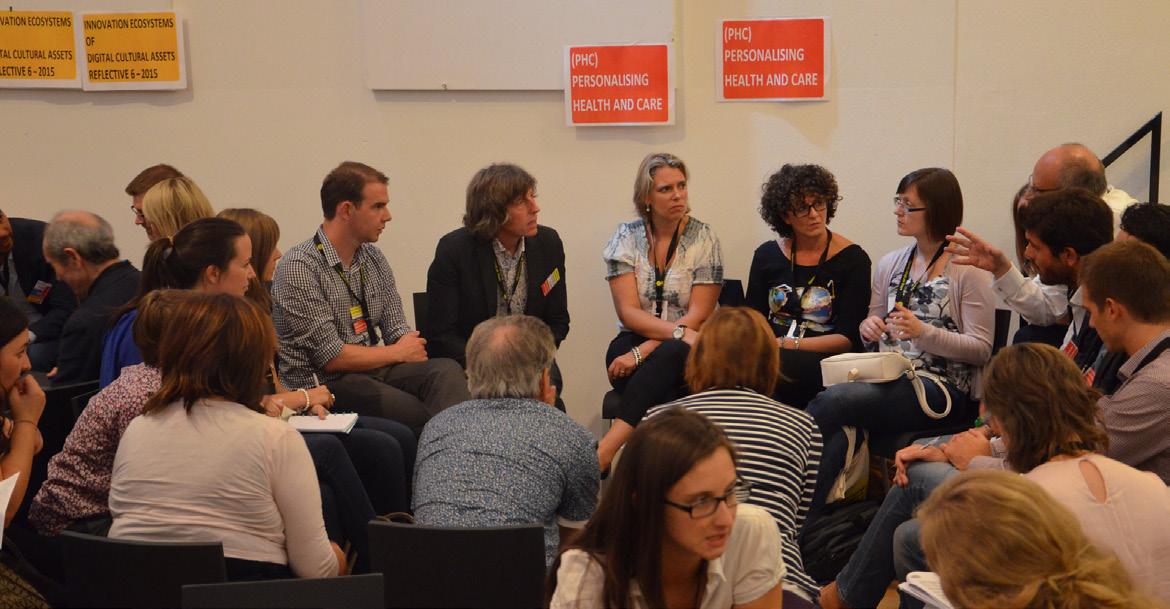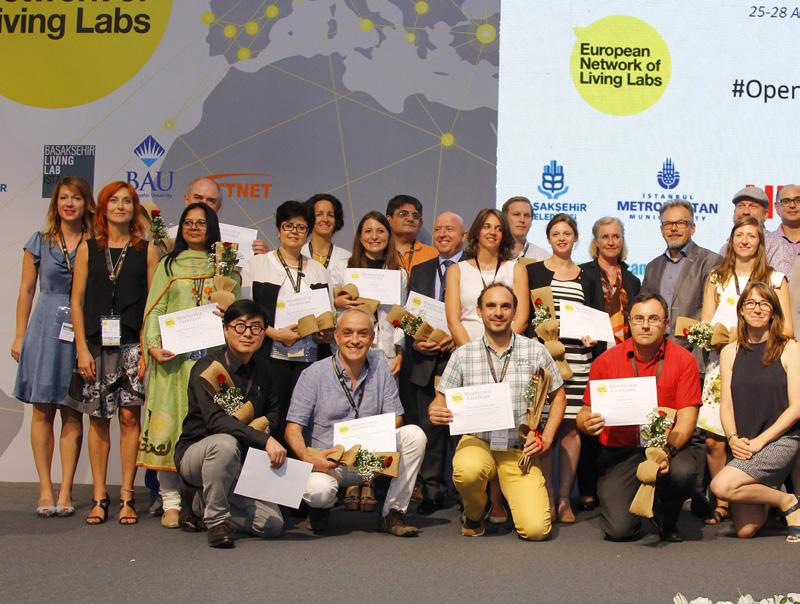
1 minute read
About ENoLL
Activity report 2020

Advertisement
The European Network of Living Labs (ENoLL) is the international federation of benchmarked Living Labs in Europe and worldwide. Founded in November 2006 under the auspices of the Finnish European Presidency, the network has grown in ‘waves’ up to this day.
The European approach to Living Labs was created in the Unit “Collaborative working environments” of the DG INFSO (now DG CONNECT) in close collaboration with an industrial advisory group on Open Innovation (Open Innovation Strategy and Policy group – OISPG). The original concept was updated to open innovation environments attracting inwards investment, both intellectual and financial ones. As described
by the European Commission, creating of ENoLL was the first step towards a New European Innovation System, as a reaction to the urgent need to improve European-wide aspiration for innovation towards job creation and growth.
At its creation the then-Prime Minister of Finland Mr. Matti Vanhanen emphasized that “the European Network of Living Labs is a concrete action for putting Lisbon strategy in real life” .
Activity report 2020

The network and its members provide innovation services for small and medium-sized international companies, the public sector, organisations and citizens. ENoLL promotes the development of business and industry and the creation of tax revenue and jobs.
Living Labs refer to user-centred, open innovation ecosystems based on a systematic user cocreation approach integrating research and innovation processes in real life communities and settings. In practice, living labs place the citizen at the centre of innovation and have thus shown an ability to better mould the opportunities offered by new ICT concepts and solutions to specific needs and aspirations of local contexts, cultures, and creative potentials.
Since its inception in 2006, the ENoLL network has expanded and developed into a vibrant and lively community of member living lab organisations that operate by the main living lab principles such as multi-stakeholder co-creation, active user
involvement and real-life intervention. By 2020 it has labelled 474 Living Labs and continues to grow.



